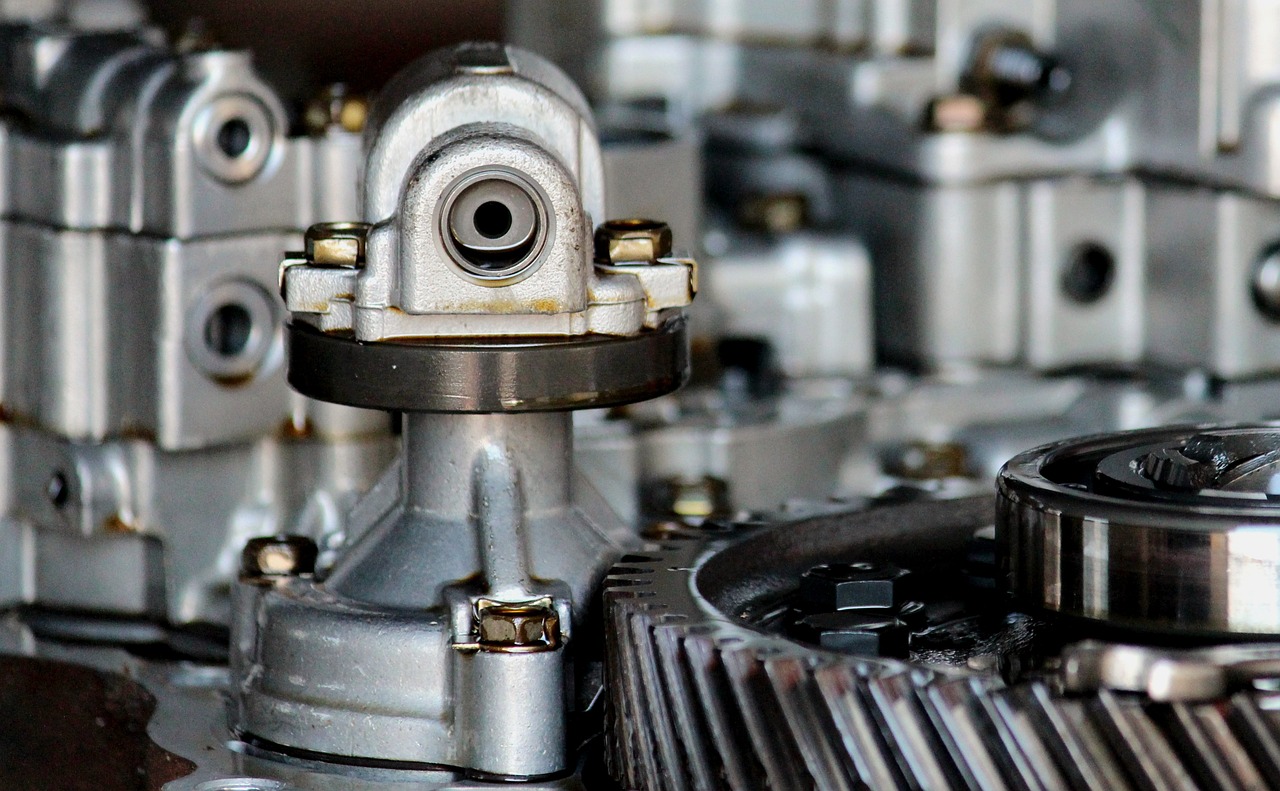
Your Lincoln engine generates a lot of heat while running. The radiator’s job is to keep the engine cool and prevent overheating. When the radiator is not functioning properly, it could lead to extensive engine damage. To avoid expensive repairs, watch out for the following signs from your Lincoln dealer that indicate your Navigator, Aviator, or Nautilus needs a radiator repair.
Overheating
It’s important to keep an eye on your Lincoln’s temperature gauge. During the summer months, when the weather is hot and your air conditioner is running, it’s normal for the temperature to rise a bit. However, if you notice that the gauge consistently shows a high reading, there might be a problem with your radiator. Call us for repairs to avoid damage to your engine.
Contaminated Coolant
Coolant comes in various bright colors, from green and pink to orange and blue. Typically, coolant is thin and can easily flow through the cooling system. As the coolant becomes contaminated, it turns brown and thick and will no longer keep your engine cool. The dirty and sludgy coolant can clog the radiator and cause overheating. If the coolant is old and appears thick and dirty, one of our technicians will perform a coolant replacement to protect your engine.
Coolant Leaks
If you notice any drops of brightly colored liquid on the ground under your car, it’s a sign of coolant leakage. Even the smallest puddle of coolant where you parked your vehicle could lead to overheating. To avoid further damage, check your coolant level, top it off, and call us immediately to repair the leak.
Rust
Rust can be a major issue that requires immediate attention. Rust can cause holes to form, which may lead to leaks. Brownish coolant can be a sign of rust contaminating the coolant, which can cause the engine to overheat. Contaminated coolant can harm your radiator. It’s critical to address the problem quickly to prevent further damage and expensive repairs.
Clogged or Damaged Radiator Fins
The radiator contains thin tubes that carry hot coolant. When air blows over the tubes, it cools down the coolant before it flows back to the engine. If the fins get clogged with road dirt and debris or get damaged or bent, it restricts the airflow to lower the temperature of the coolant, causing the engine to overheat.
Smoke or Steam
If you notice steam or smoke billowing out from under the hood, your engine is overheating. It’s best not to keep driving when the engine is overheating. Safely pull over, turn off the engine, and call us for assistance while you wait for your car to cool down.
If your Lincoln shows any of the symptoms mentioned above, take swift action to prevent further damage and avoid high repair costs and replacements. Call Asheville Lincoln today, and we will repair your radiator expertly and get you back on the road in no time.
Image via Pixabay




